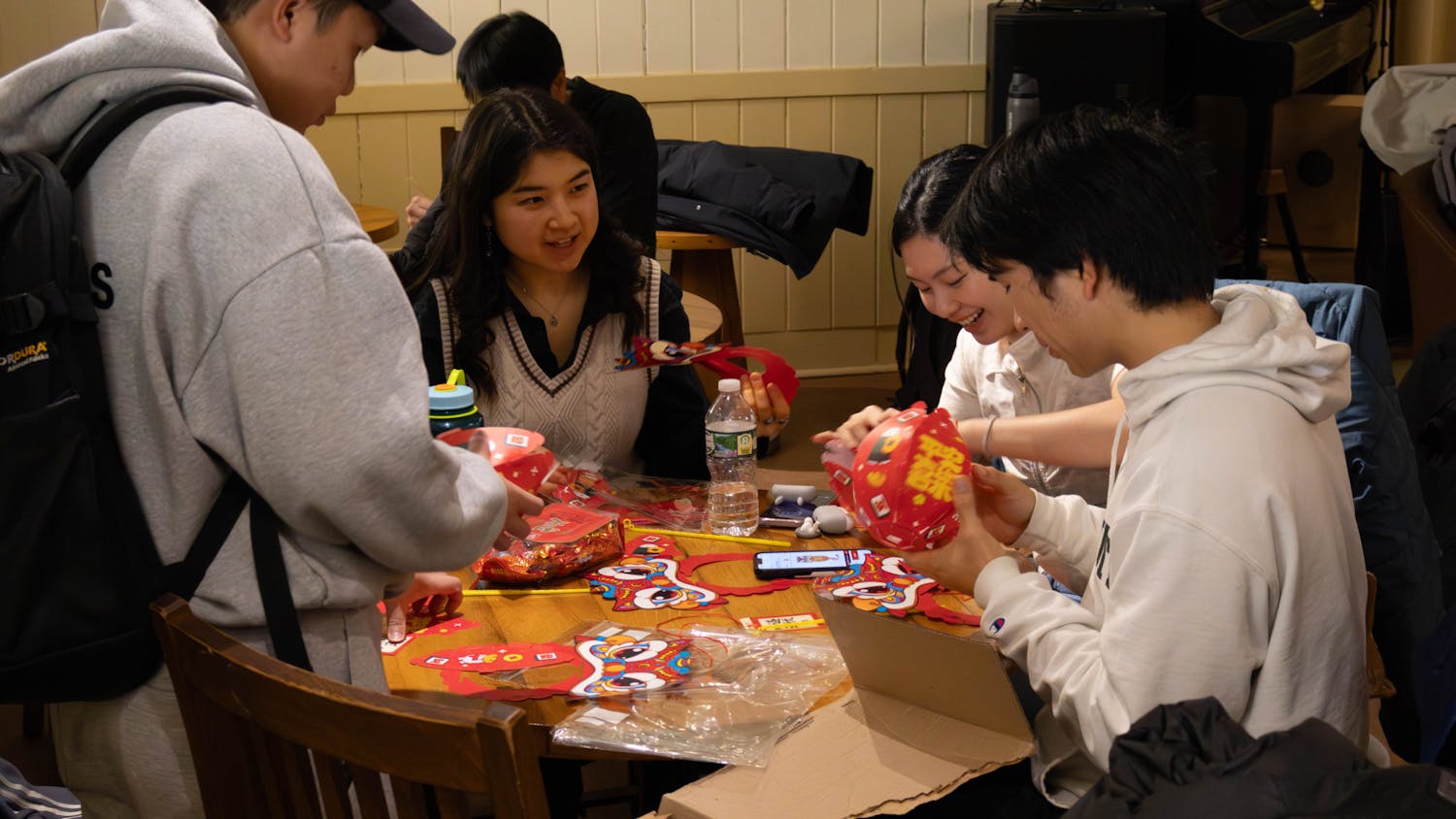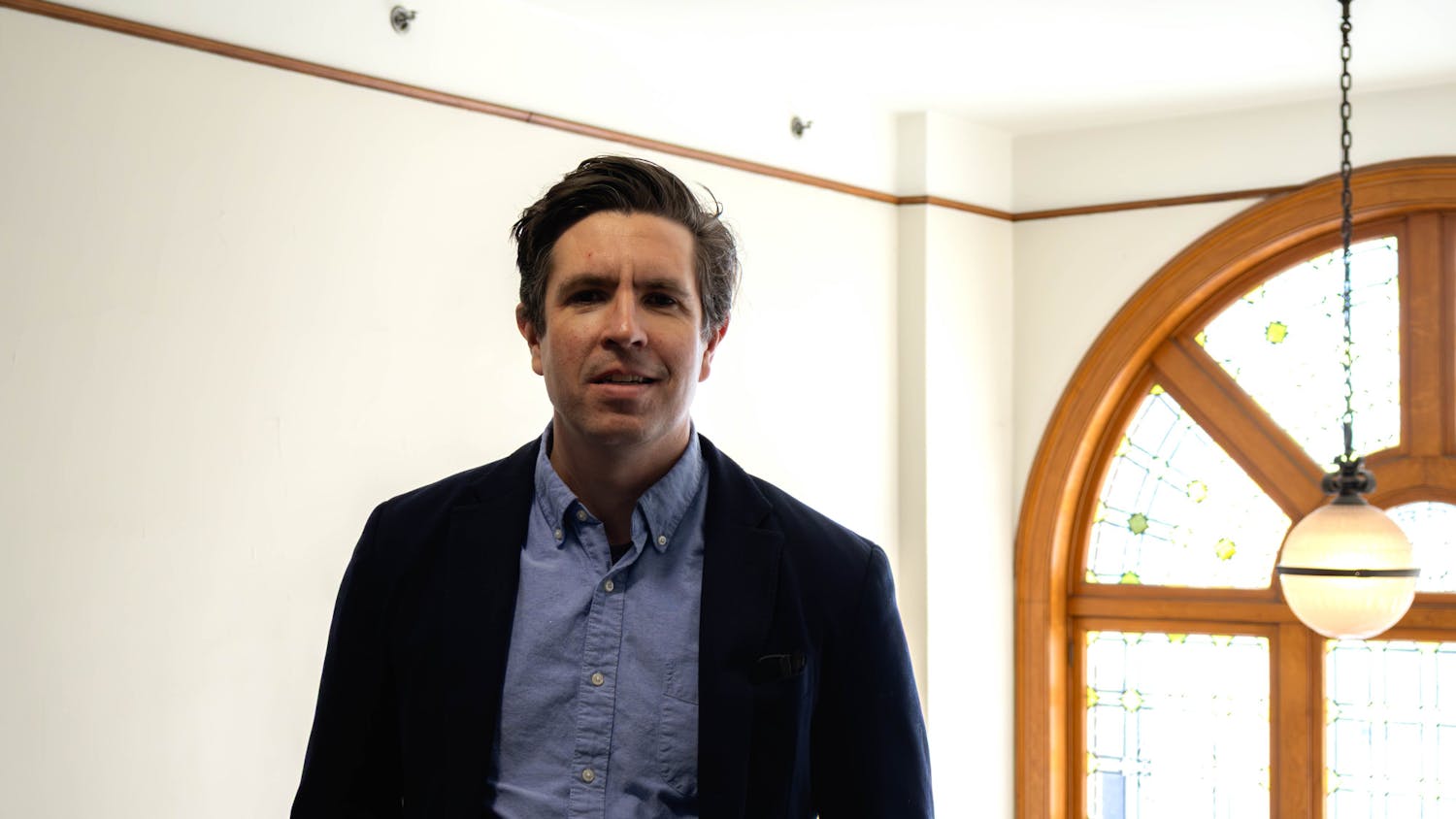State and federal legislators are pushing to require colleges and universities to report crime statistics associated with study abroad programs, which currently do not fall under the direct jurisdiction of any federal agency, USA Today reported on Thursday. Expanding the law to include study abroad programs would be complicated and difficult, Karen Hope, the legislative director for former Rep. Jim Ramstad, R-Minn., told USA Today. Requiring colleges and universities to report on past crimes against students studying abroad could also be logistically and financially problematic for the institutions, USA Today reported. Some institutions, including New York University and University of the Pacific, already disclose crimes committed against students abroad.
Researchers at the Harvard University Stem Cell Institute have produced stem cells derived from human skin that have many of the adaptive abilities of embryonic stem cells, according to Bloomberg. Earlier attempts to produce stem cells from skin required the introduction of genes into cells via viruses, which often led to the development of tumors in experiments in mice. The new method, published in the journal Stem Cell, uses proteins instead of genes to create the stem cells, and may be a more likely candidate for use in human trials, Bloomberg reported.
The current economic crisis has not affected global higher education as severely as expected, as the economy is only part of what drives students to study abroad, Inside Higher Ed reported on Friday in its coverage of the Association of International Educators annual conference. Many educators predict that the number of students seeking higher eduction will double to around 200 million worldwide by 2020, John Hudzik, president of the association, said at the conference on Thursday. Because education is becoming more of an internationally "traded commodity," some institutions are lowering their prices to compete internationally, Hudzik said. Asian universities are also expanding their capacities to attract more international students, Inside Higher Ed reported.



